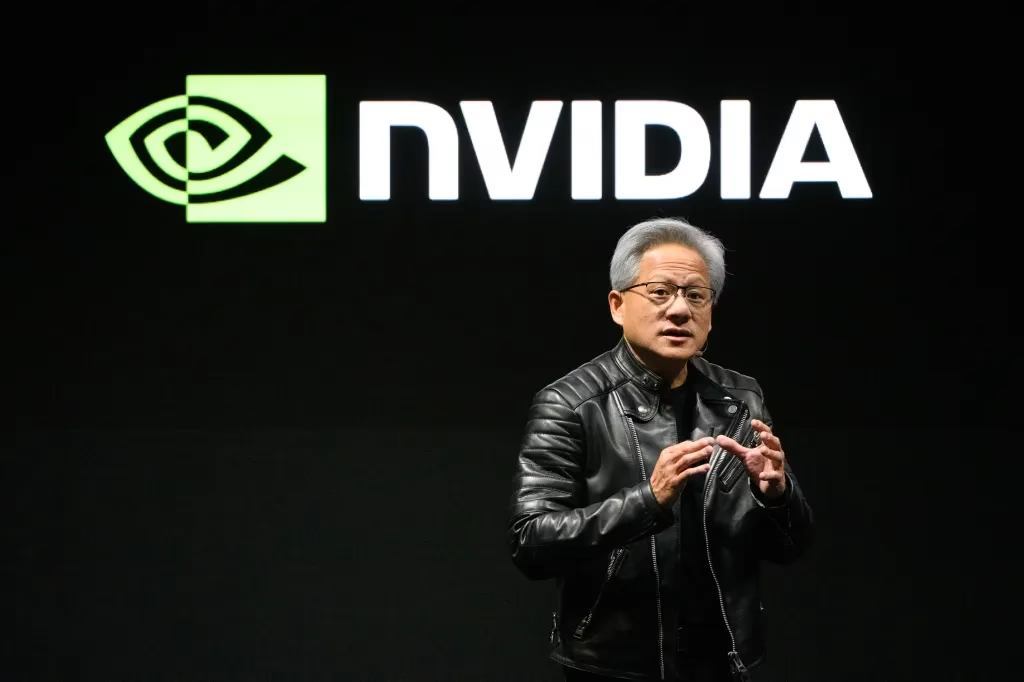US Export Curbs Trigger Massive Charge
Nvidia announced on Tuesday it will take a $5.5 billion charge after the U.S. imposed new restrictions on exports of its H20 AI chip to China. The H20 is Nvidia’s most advanced chip currently available for the Chinese market.
Nvidia Shares Slide 6%
Following the announcement, Nvidia’s stock dropped 6% in after-hours trading. Rival AMD also saw a 7% decline after the U.S. Commerce Department added AMD’s MI308 chip and similar products to the restricted list.
Why the H20 Matters
Nvidia designed the H20 chip to comply with prior U.S. export limits. While it doesn’t match the top-tier chips used outside China, it performs strongly in AI inference tasks — now a key segment of the AI chip market.
Major Chinese tech companies like Tencent, Alibaba, and ByteDance had increased orders for the H20, driven by demand from AI startup DeepSeek.
US Concerns Over Supercomputer Use
Despite being less powerful in some areas, the H20’s high-speed memory and chip connectivity raised red flags. The U.S. fears these chips could help build supercomputers, violating existing export rules.
A Washington think tank, the Institute for Progress, supported the restriction. It claimed firms like Tencent and DeepSeek already use H20 chips in potential violation of U.S. export controls.
Licensing Now Required — Indefinitely
On April 9, U.S. officials told Nvidia the H20 chip now needs a license for export. On April 14, the government informed Nvidia these restrictions are permanent. Nvidia hasn’t said whether it expects to receive any export licenses.
Charge Covers Inventory and Commitments
Nvidia said the $5.5 billion charge includes inventory, purchase commitments, and reserves related to H20 chips affected by the ban.
Push for U.S.-Made AI Infrastructure
The export crackdown follows Nvidia’s announcement to invest up to $500 billion in U.S.-based AI server infrastructure. The company plans to work with partners like TSMC to support local manufacturing, aligning with the Trump administration’s “Made in America” initiative.



